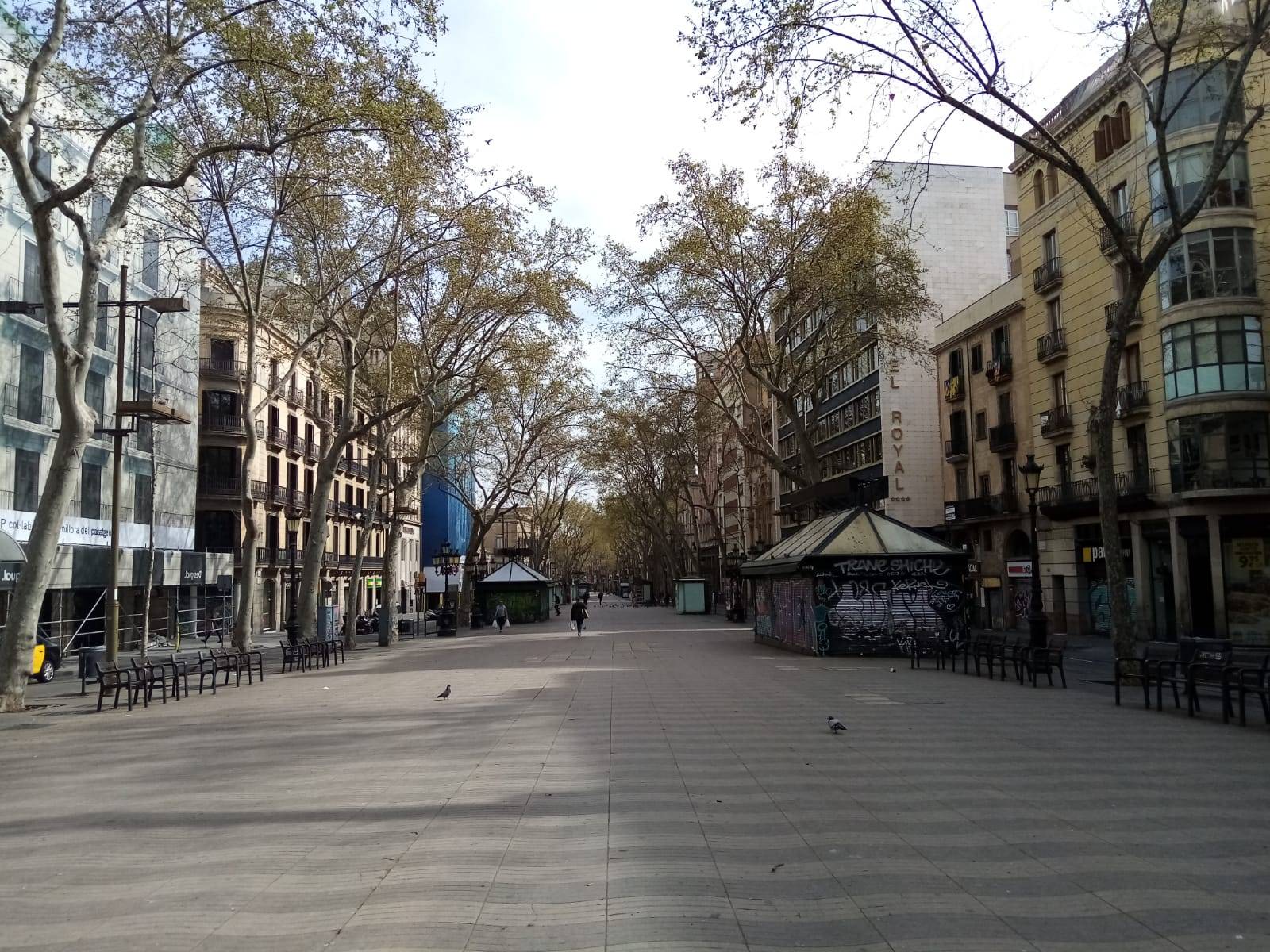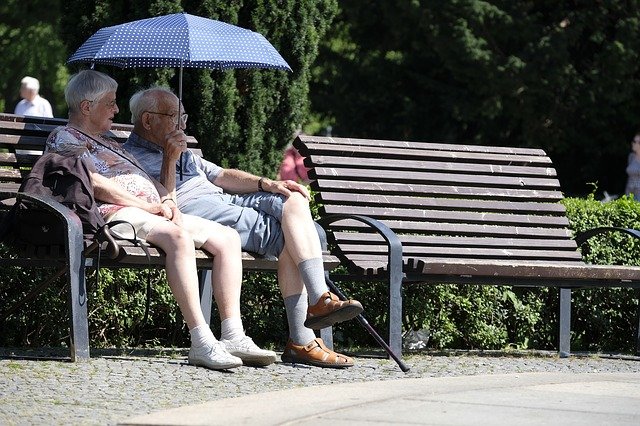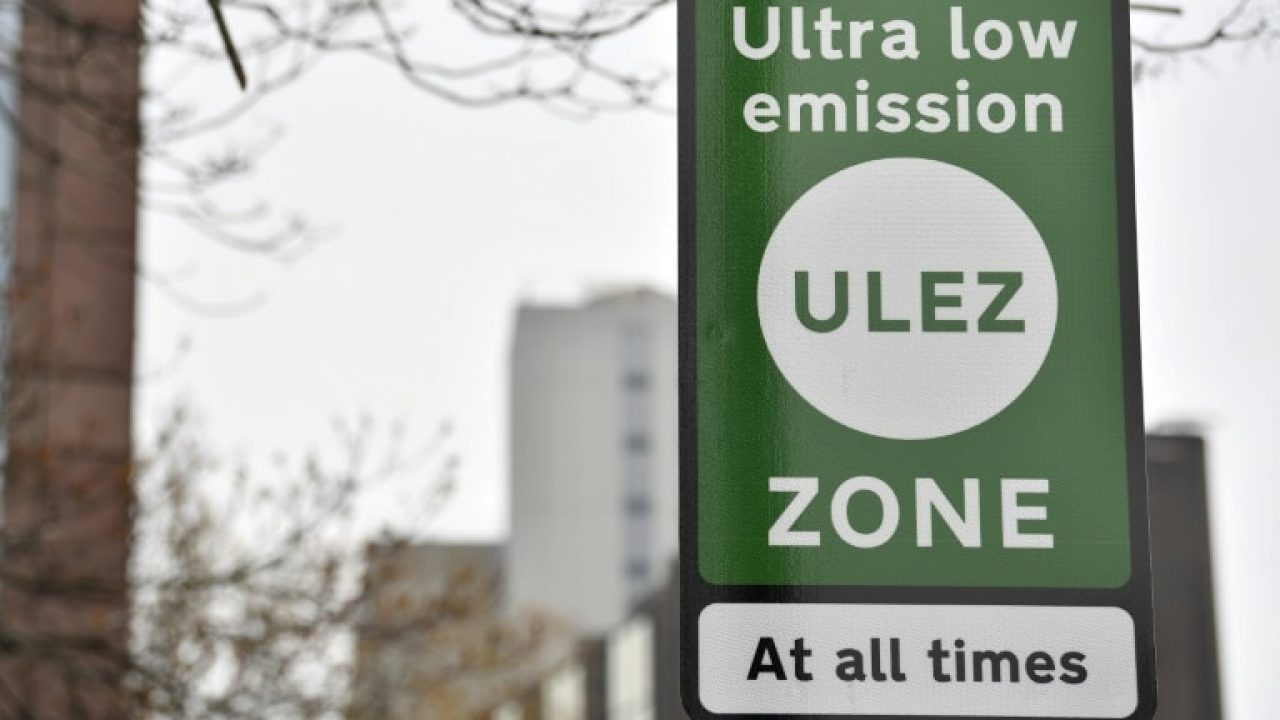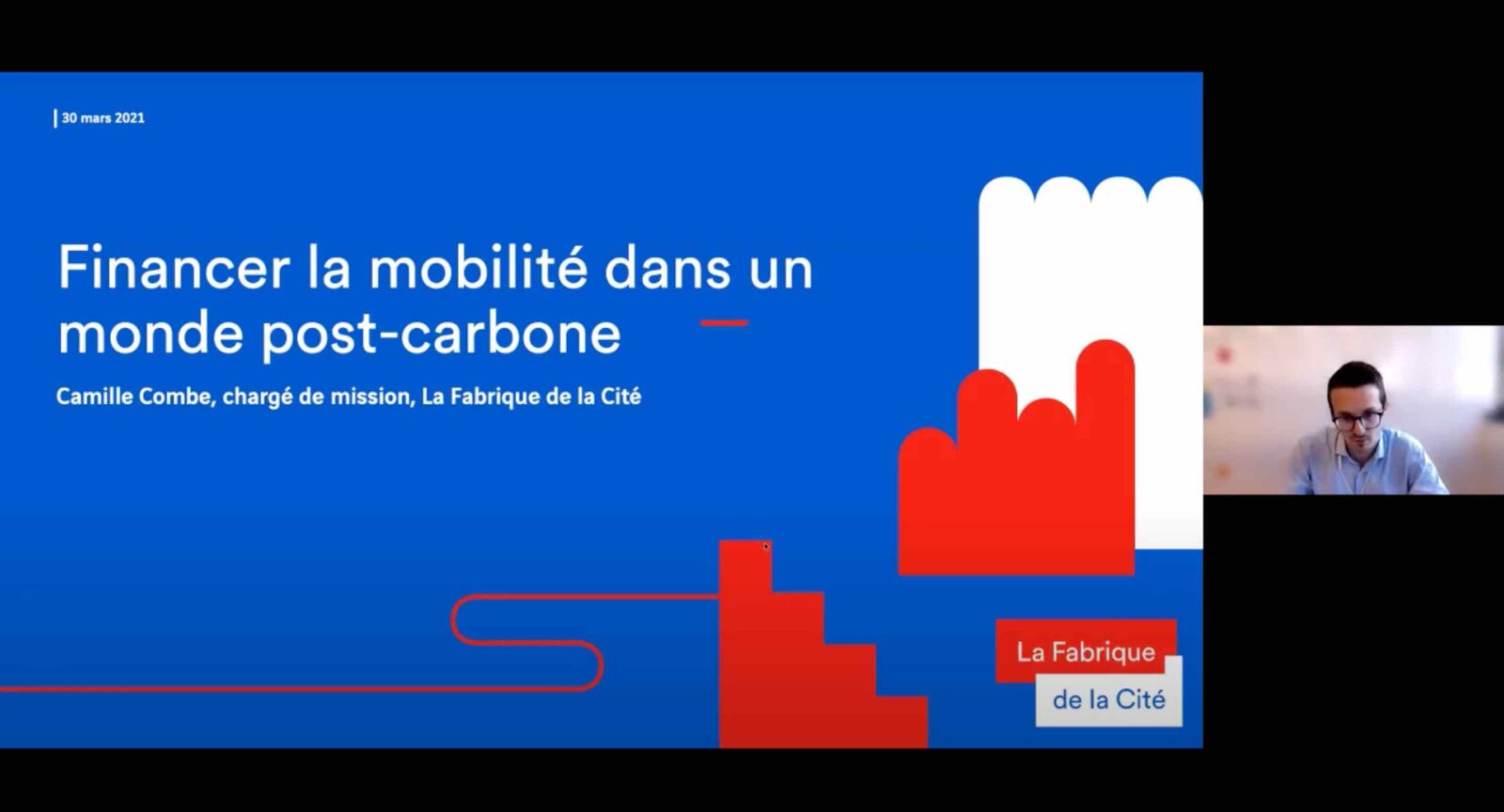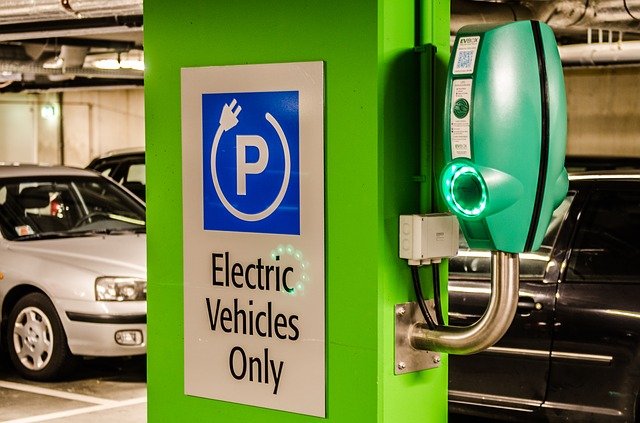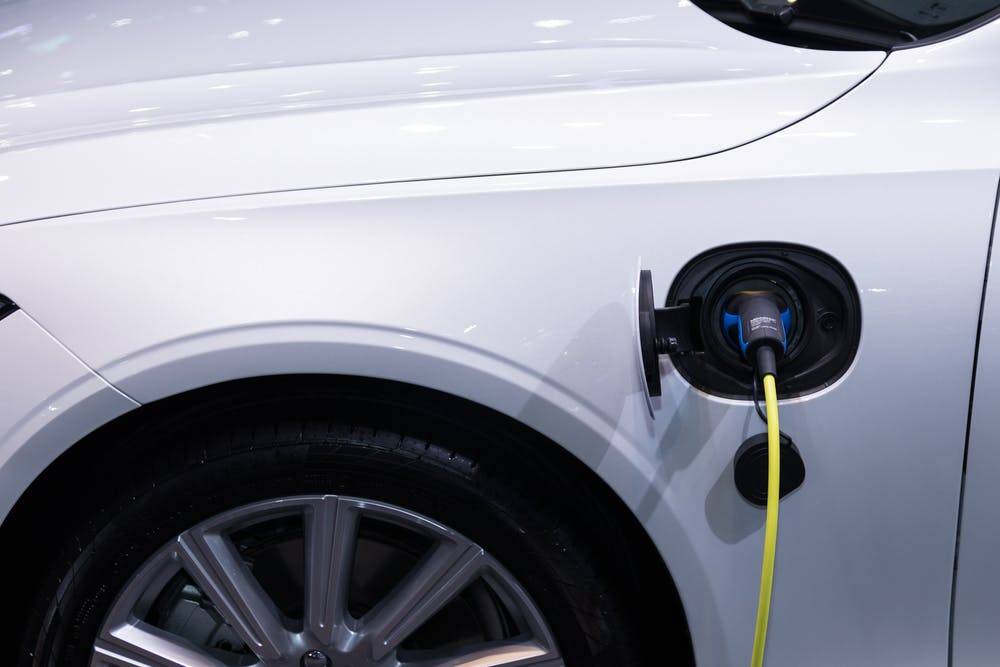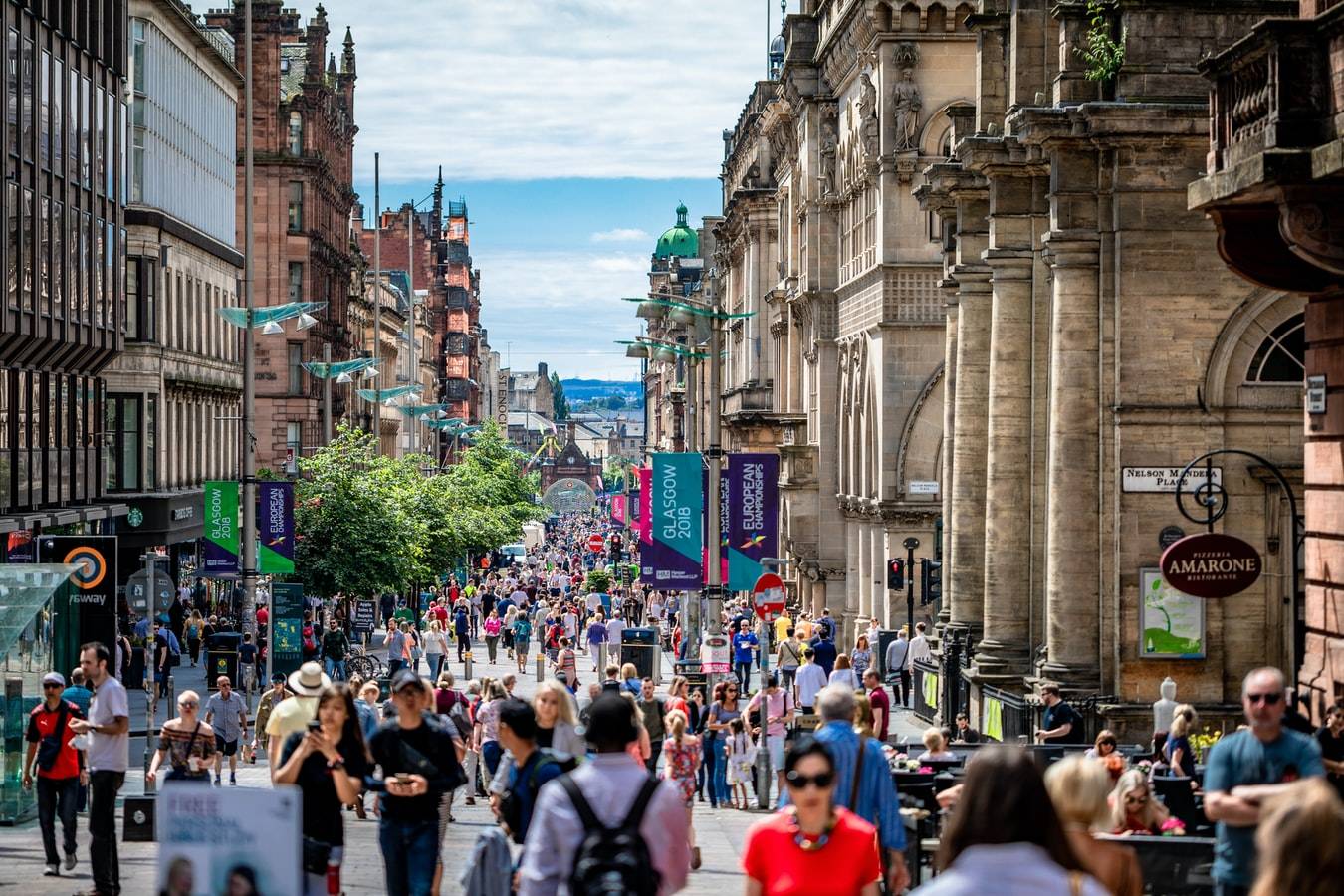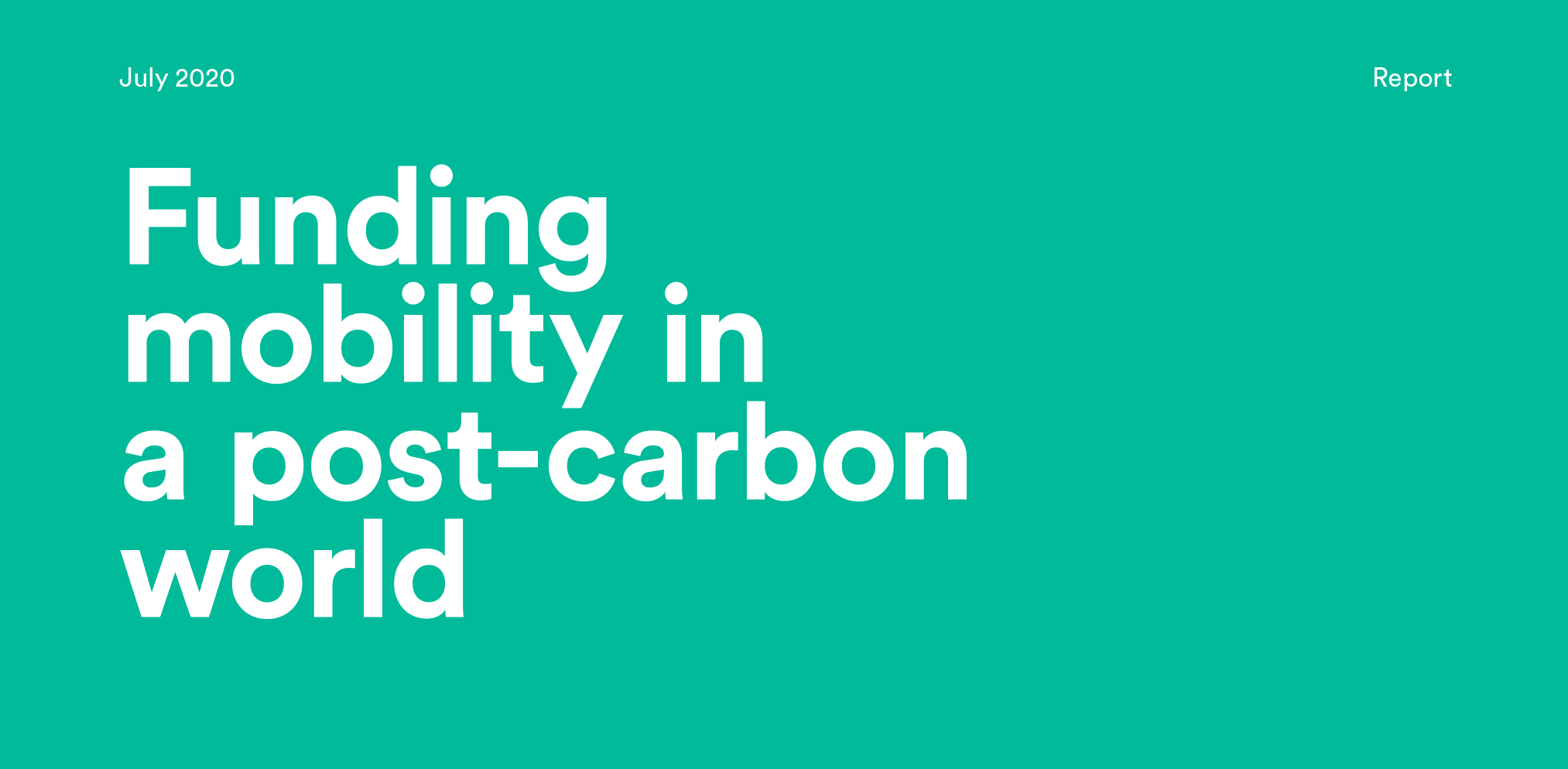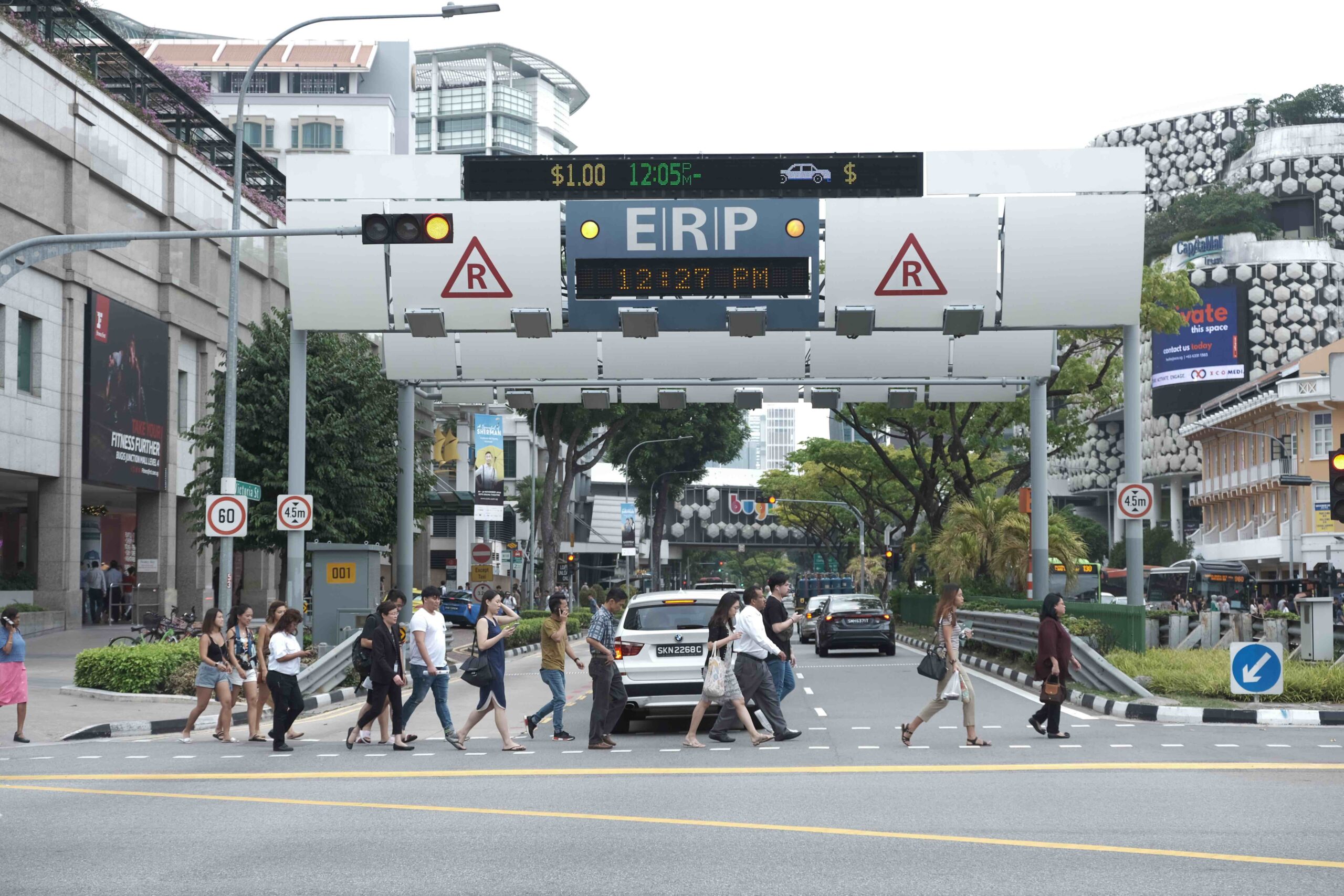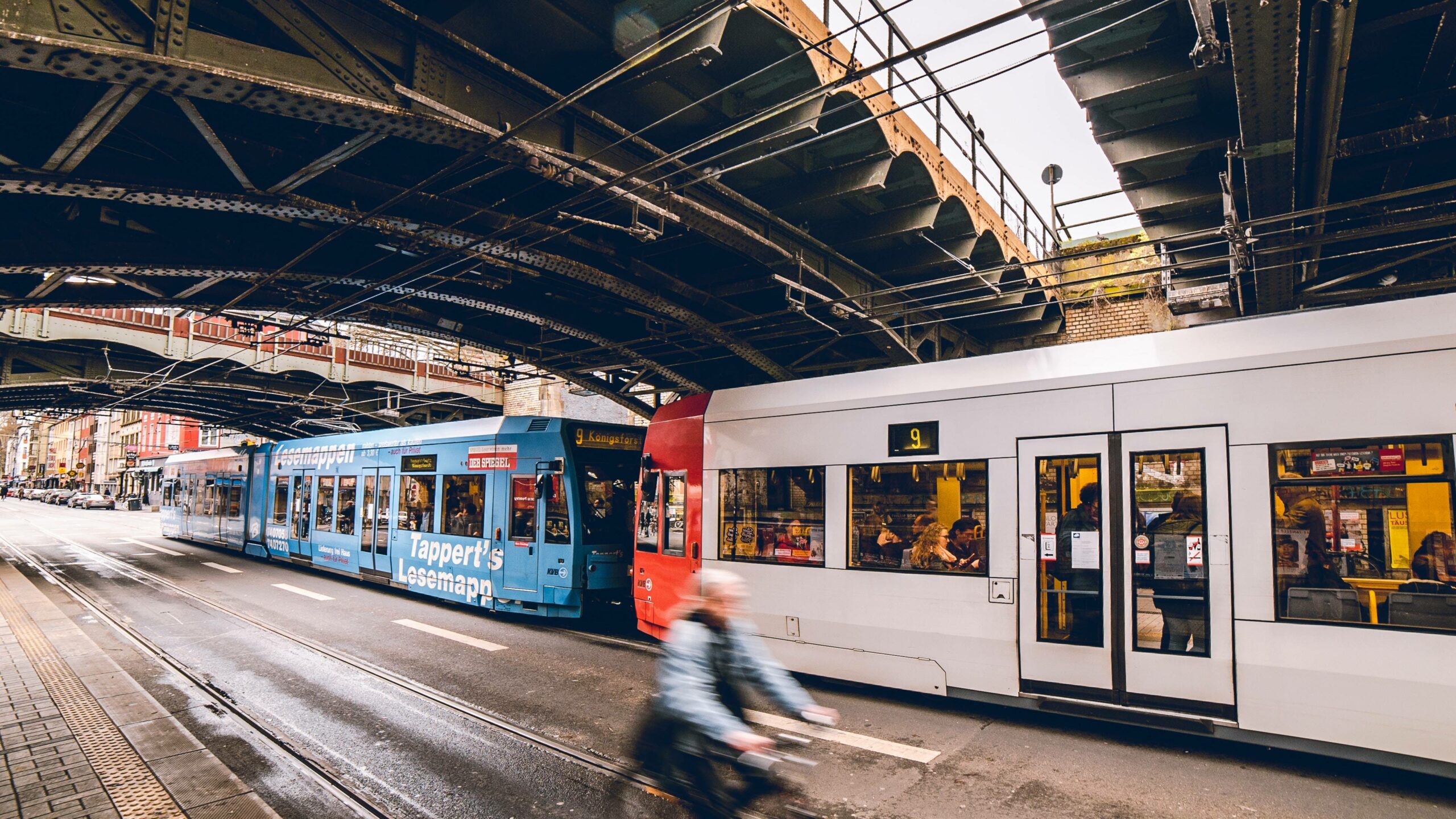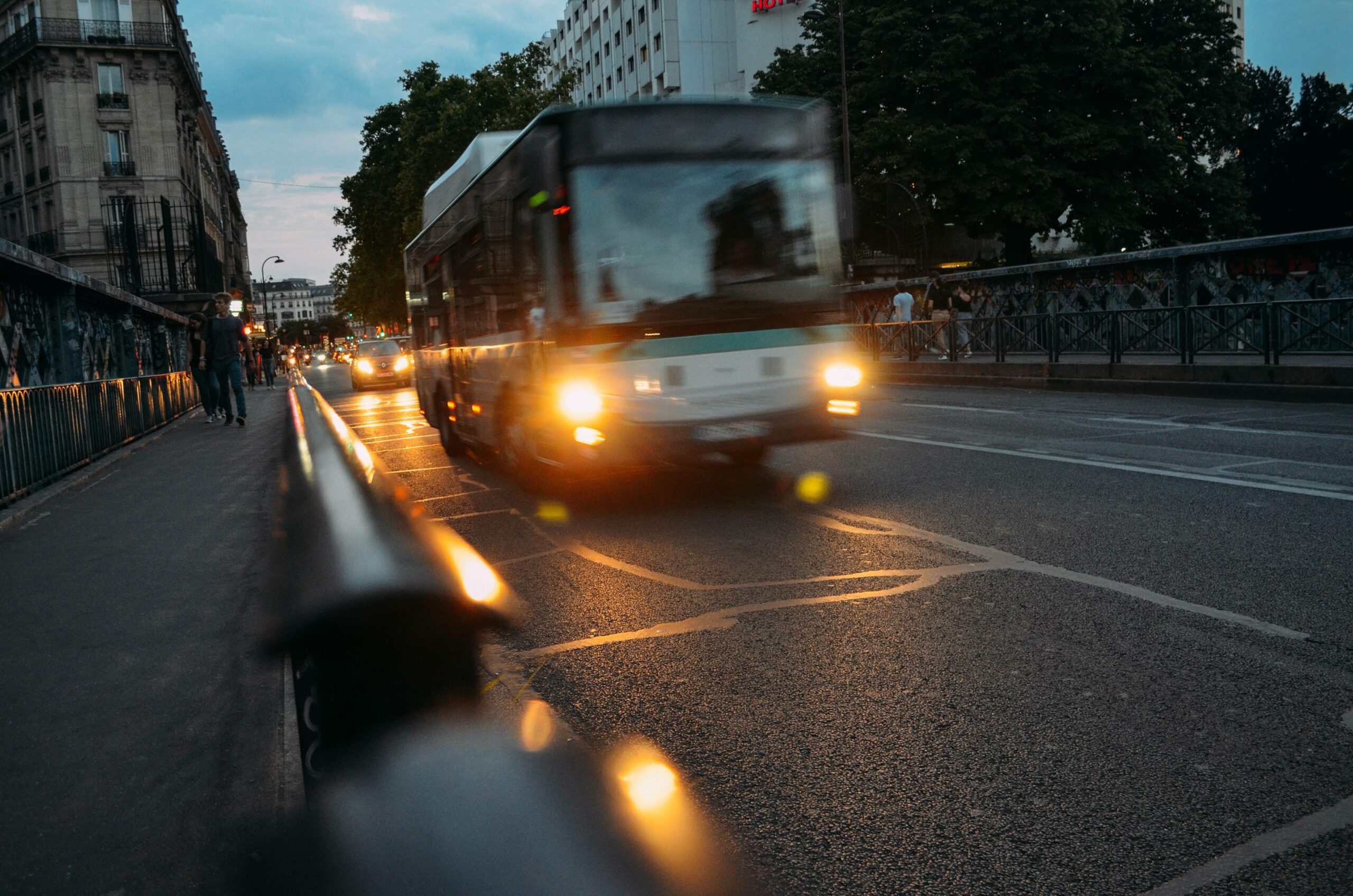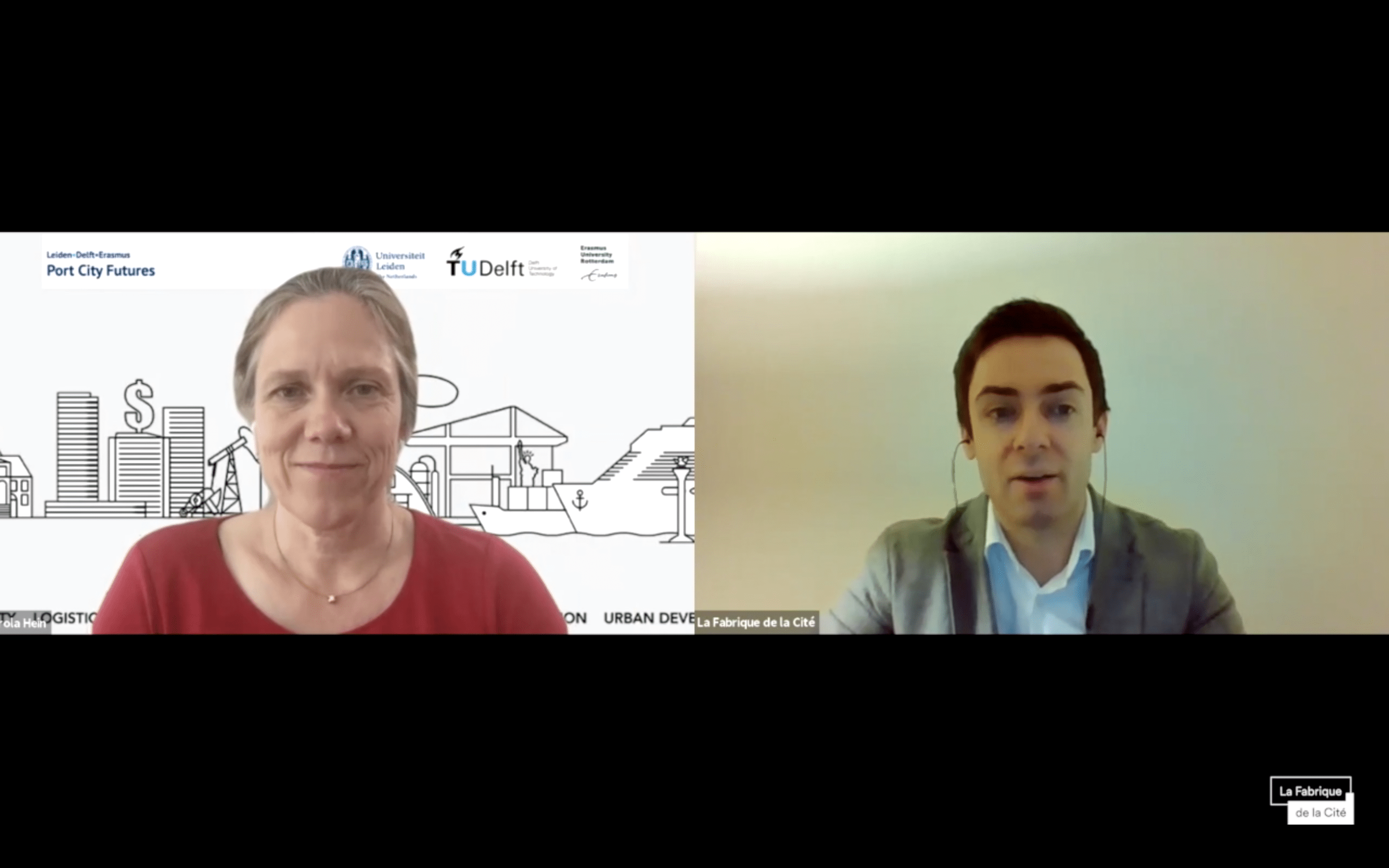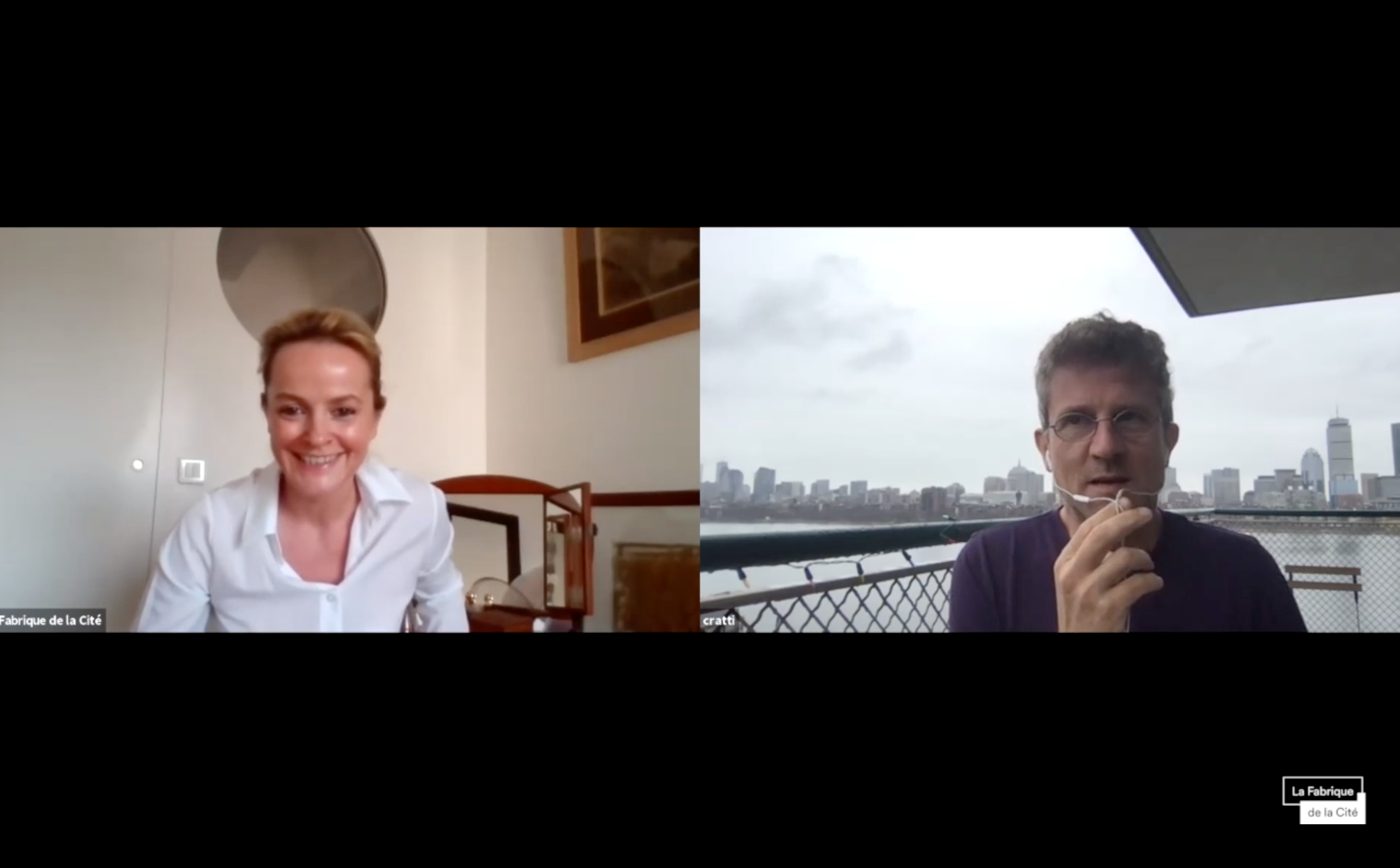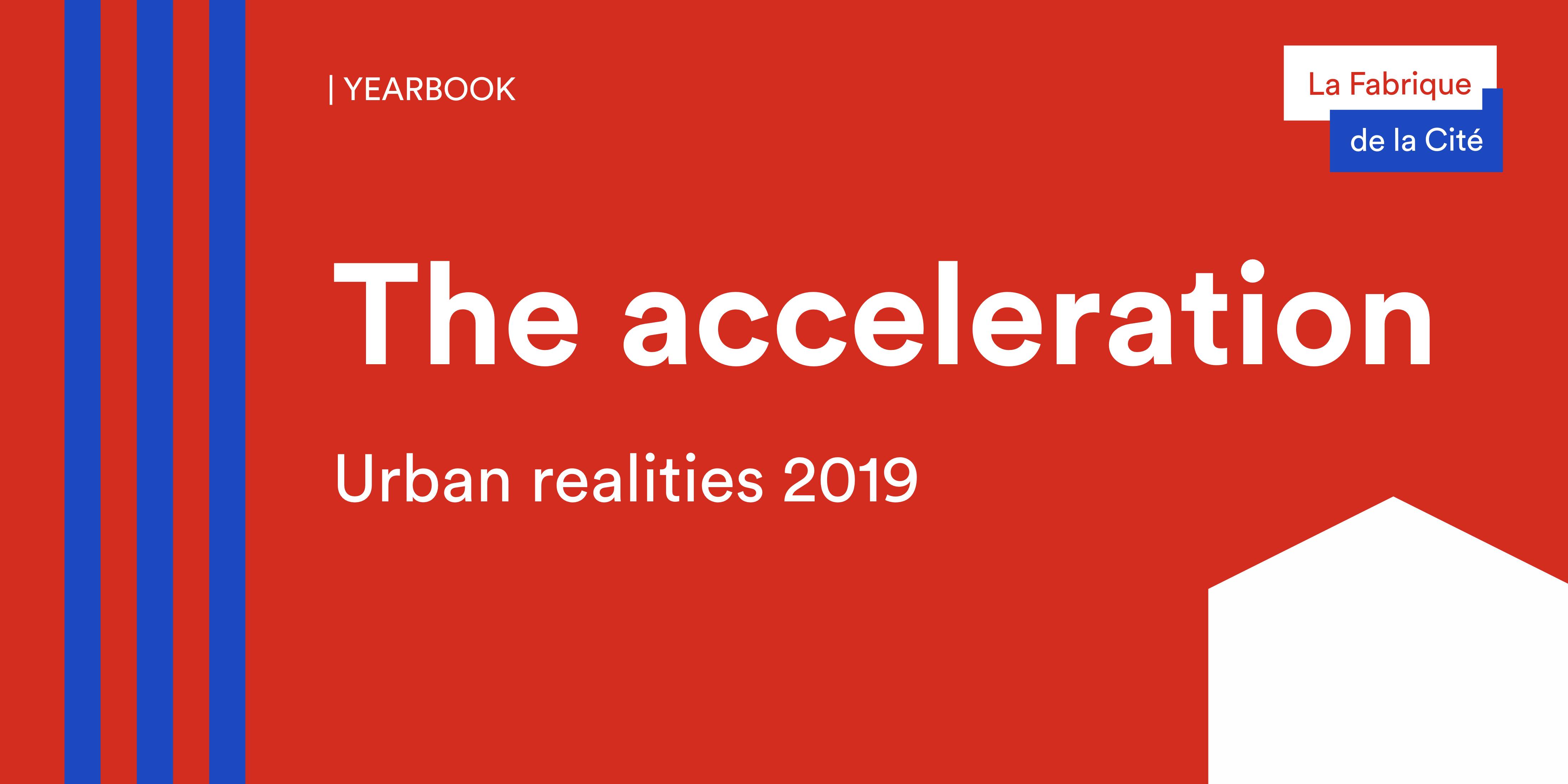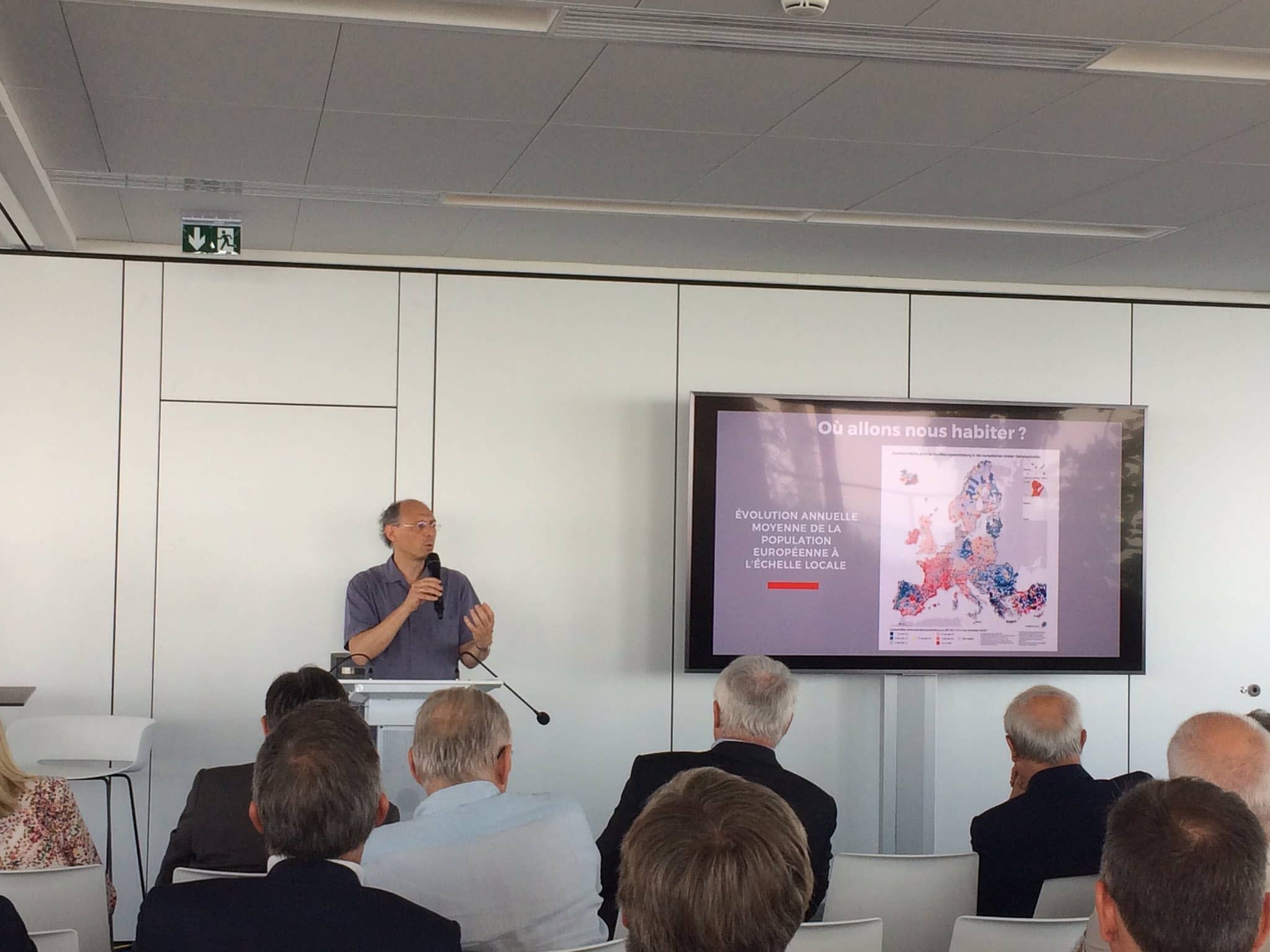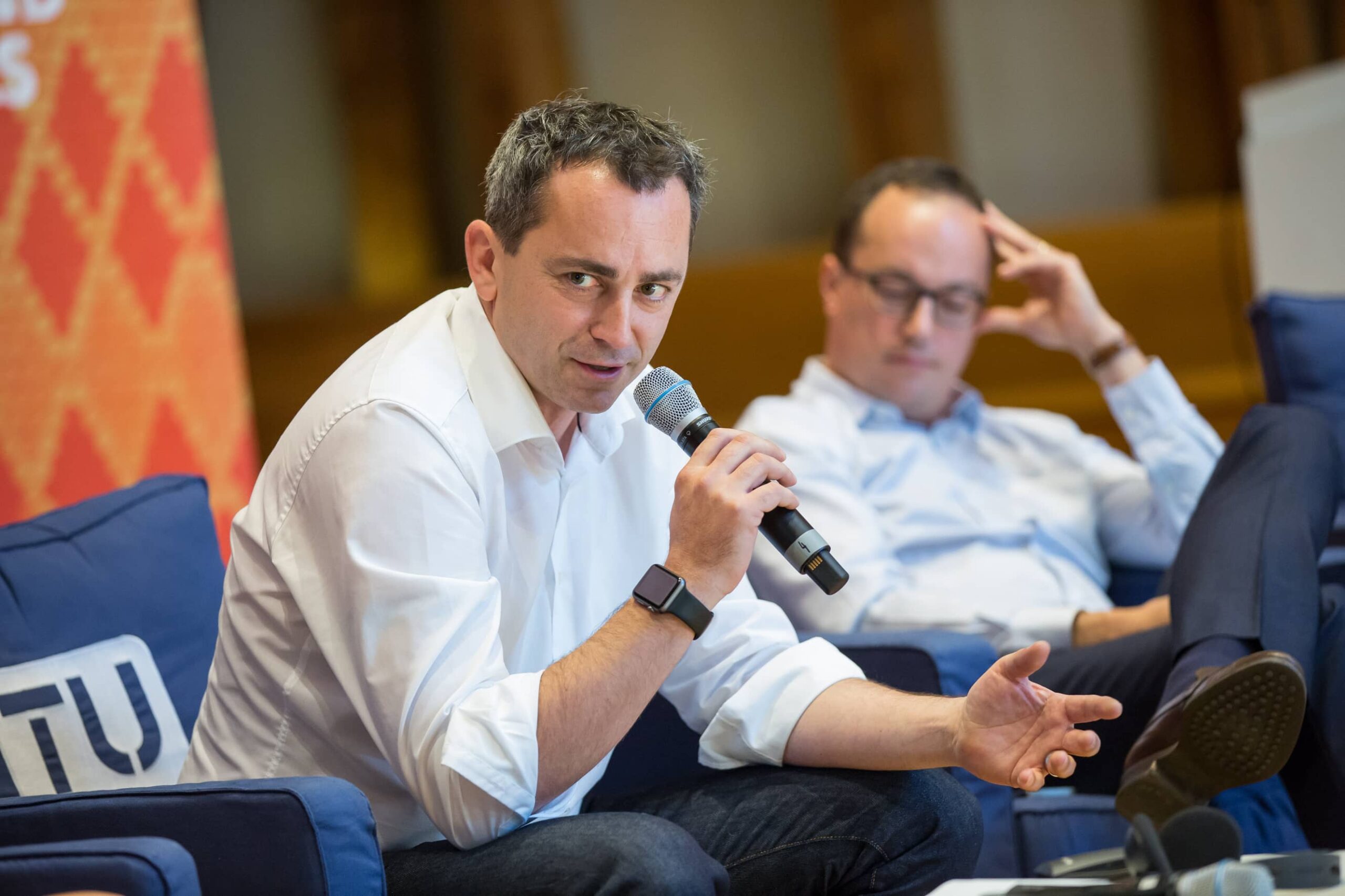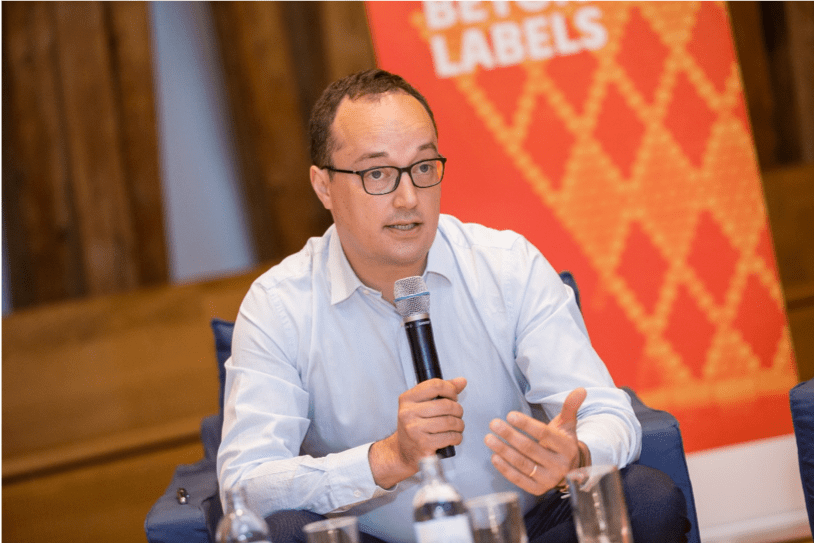

Thinking about future mobility
The recovery of mobility in cities is no longer an issue. With lockdown over almost everywhere, the ghost towns of this spring are gone, and activities and trips have resumed. In many countries, an individualization of mobility is taking place, with major consequences. Is this phenomenon compatible with the goal of decarbonizing mobility? Nothing is less certain.
First of all, the coronavirus outbreak has led to an increase in the number of kilometers travelled by car compared to a “normal” period. In France, for example, the number of kilometers traveled has not only return to its normal value: it has exceeded it. Secondly, this strong recovery of individual means of transportation (bicycles, micromobility, cars, etc.) has mainly taken place at the expense of public transport. Indeed, buses and metros can be considered riskier than cars from a sanitary standpoint, even though data tends to show that public transportation is not as important a vector of contamination as it might appear. This is possible thanks to the widespread use of masks in mass transit. As a result, in France or Spain, no clusters have yet been identified in public transport. However, the damage is done: while many cities’ public transport offer has returned to normal levels, ridership is struggling to reach pre-lockdown levels, with the exception of Lyon and Saint-Petersburg, according to a recent index published by CityMapper. This could lead to an unprecedented and dangerous financial situation for public transport authorities. The direct consequence this type of financial crisis is the potential discontinuity of public transit services, the backbone of urban travel. In the United States, the American Public Transportation Association has reported that nearly 60% of transit authorities are considering reducing transit services, while one third of operators may have to close.
How can we ensure that the recovery, which will necessarily be complex and multifaceted, is compatible with the mobility challenges cities will face? We need to step away from overly simplistic rationales: developing new solutions like electric or hydrogen buses and cars won’t suffice. Solutions to decarbonize mobility already exist. Rather, we must work to create the conditions that will enable public transit or carpooling to become more competitive than individual and motorized modes of transport. Cities are already thinking about how to address this challenge. For example, the San Francisco County Transportation Agency recently launched a study to assess whether a potential congestion charge could improve the future of mobility in the city. This example shows another central issue that has yet to be solved: the funding of mobility. Bankruptcy is not an option for mass transit. In this respect, strategies aimed at setting fare-free public transport could be considered anachronistic. To put it differently: “the recovery of mobility will be sustainable or will not be at all”.
No time to read? La Fabrique de la Cité has got you covered. Check our newsletter #46.
To be informed of our upcoming publications, please subscribe to our newsletter and follow our Twitter and LinkedIn accounts.
These other publications may also be of interest to you:

Death and life of CBD
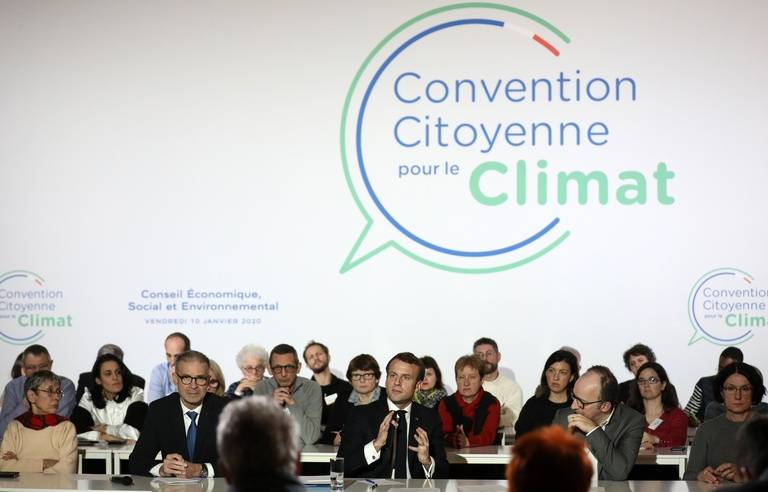
Is resilience useful?

Long live urban density!
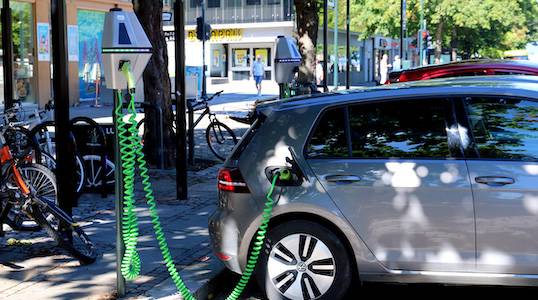
Funding mobility in a post-carbon world

Behind the words: Recovery
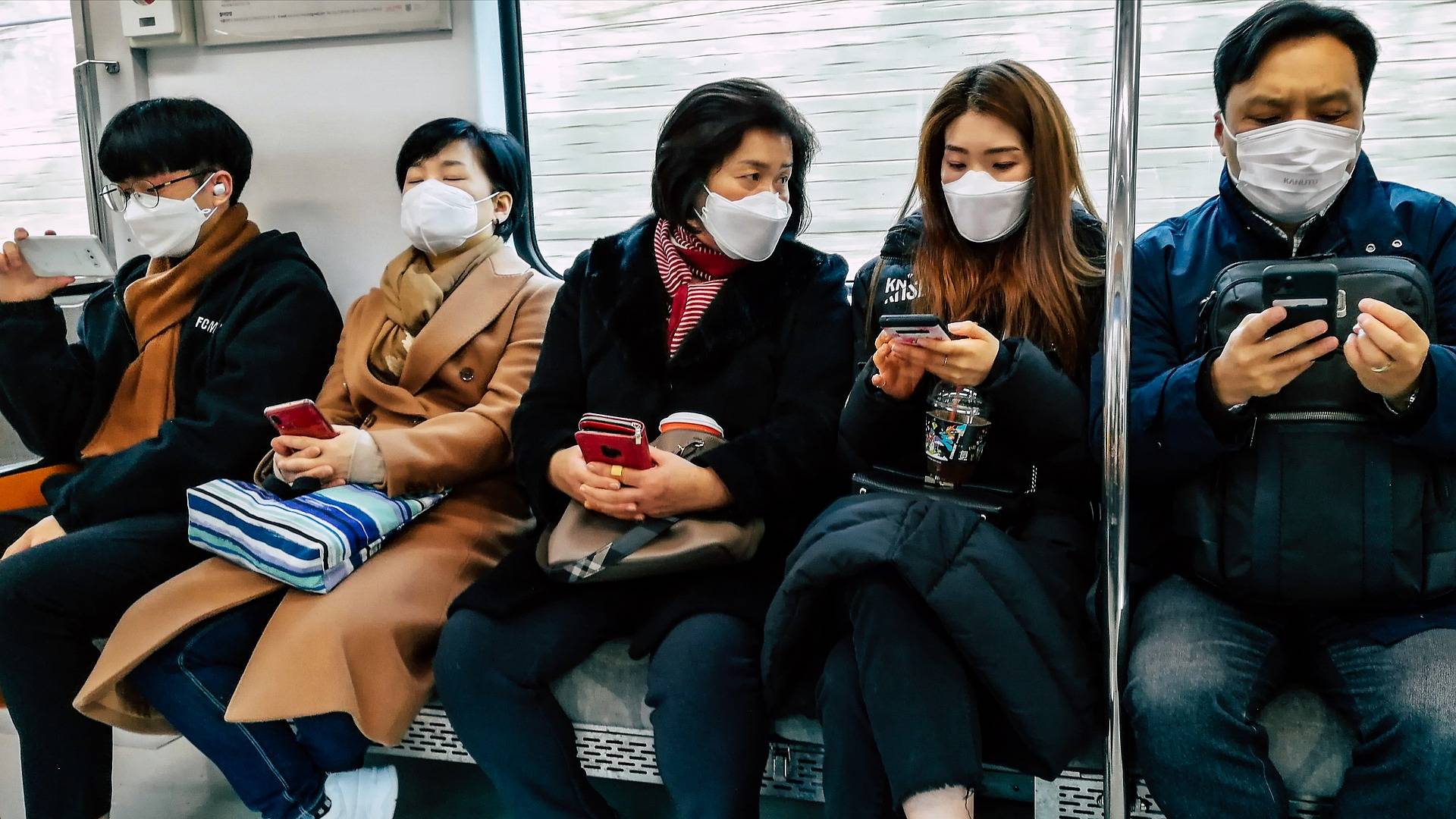
Sending out an SOS
The ideal culprit
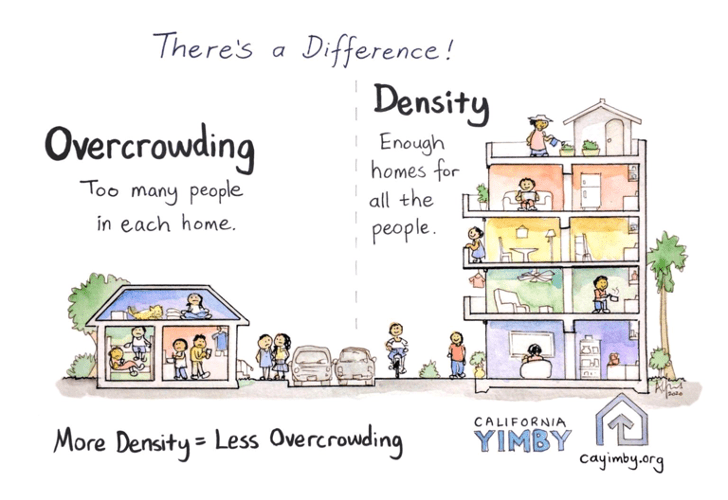
Behind the words: density

Behind the words: telecommuting

Behind the words: urban congestion

Behind the words: food security
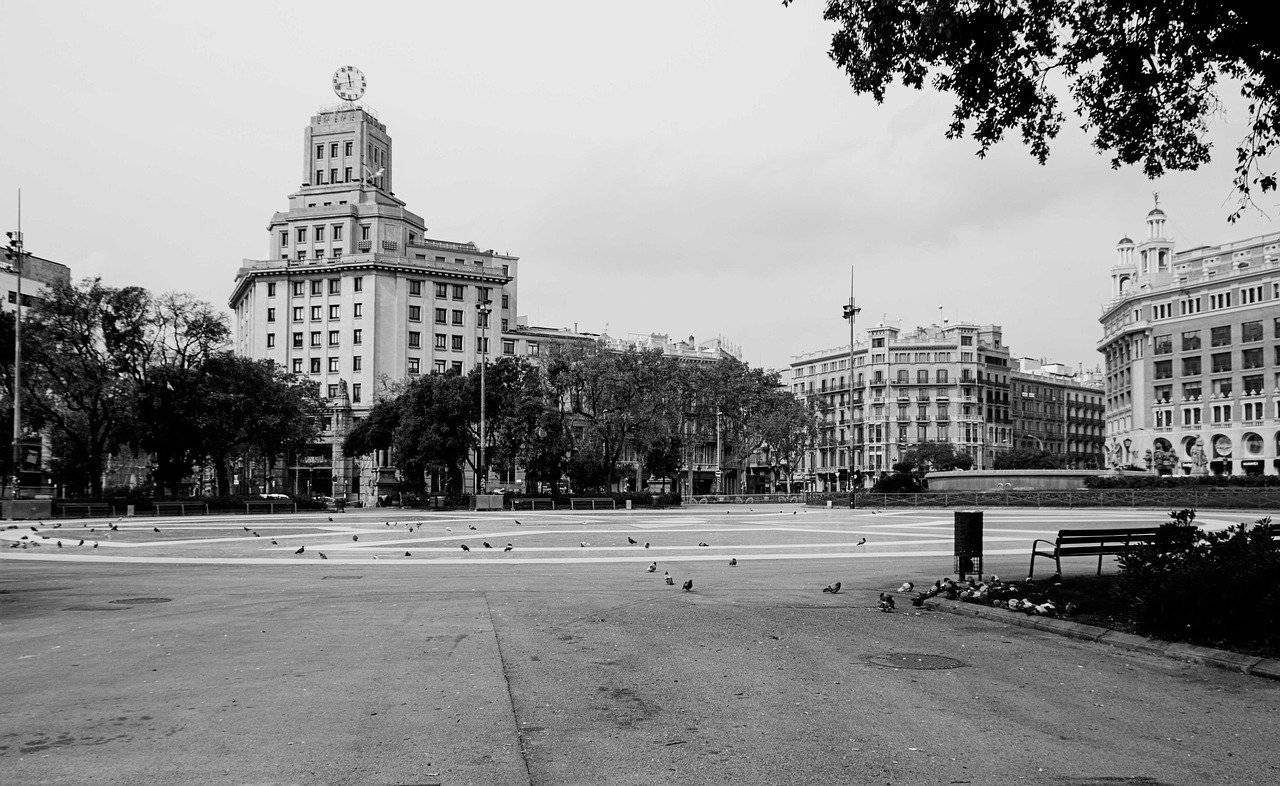
180° Turn

Cities in safe boot mode
Across cities in crisis
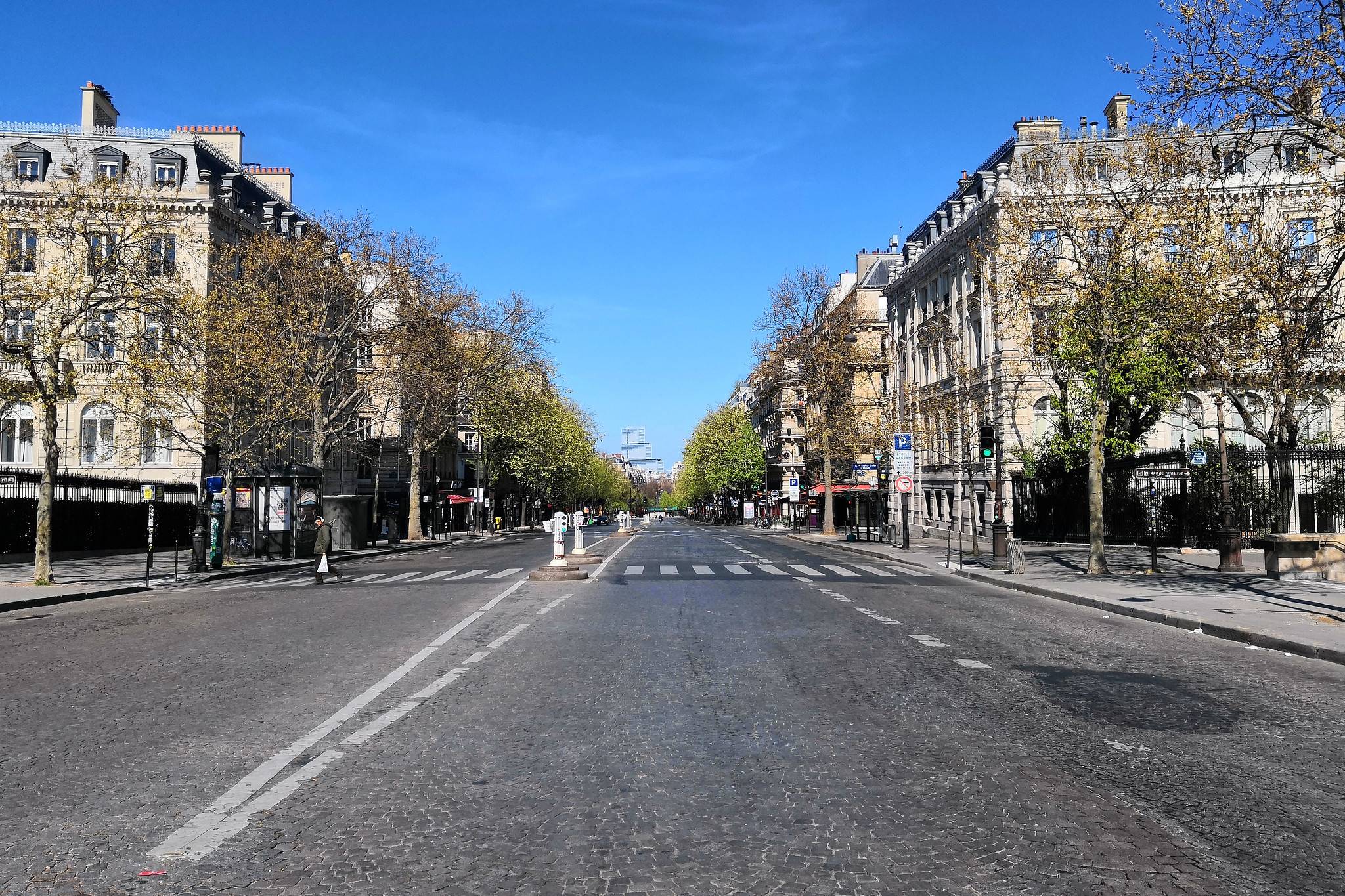
A street named desire
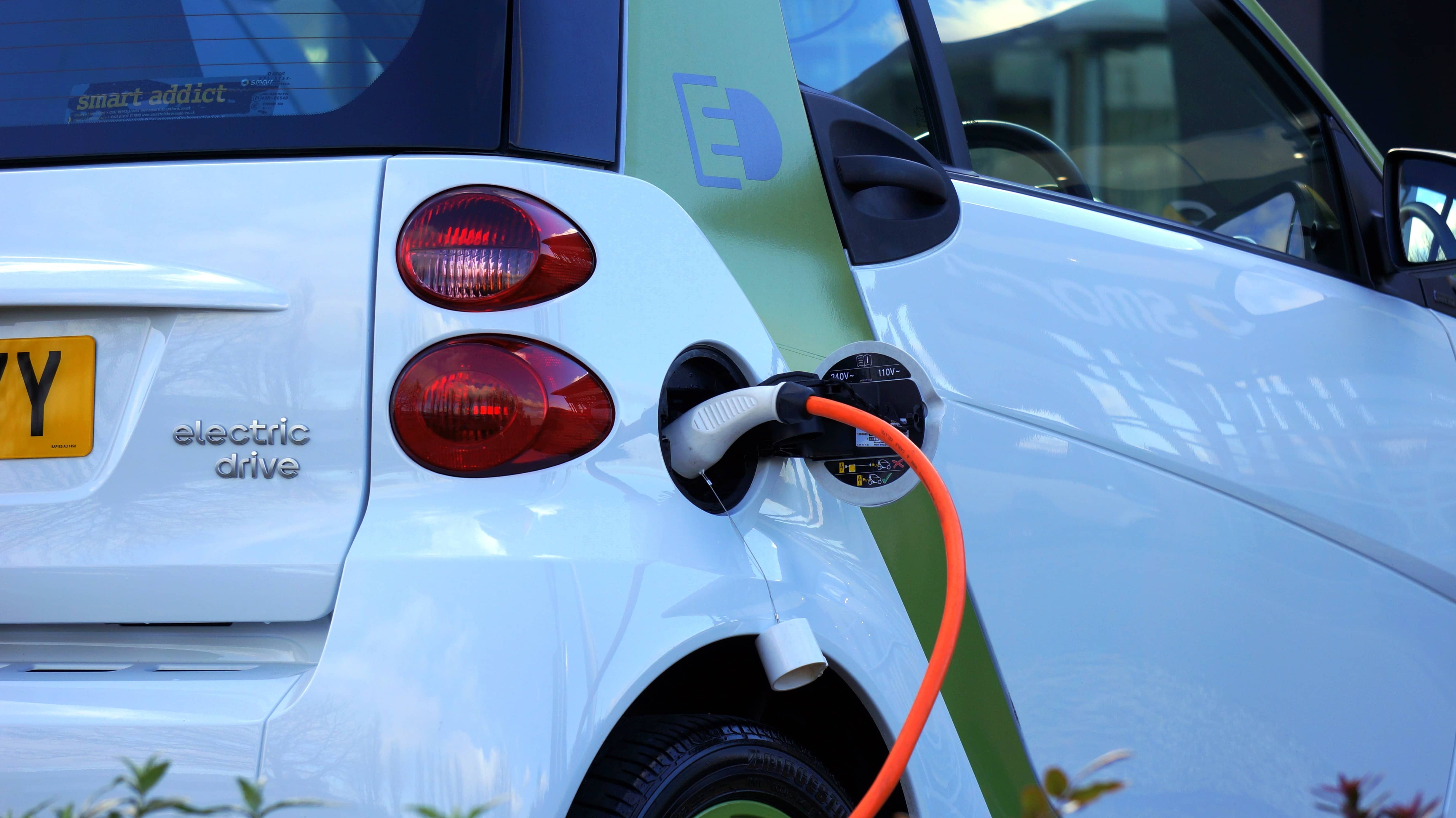
The political and technological challenges of future mobilities

Inventing the future of urban highways
La Fabrique de la Cité
La Fabrique de la Cité is a think tank dedicated to urban foresight, created by the VINCI group, its sponsor, in 2010. La Fabrique de la Cité acts as a forum where urban stakeholders, whether French or international, collaborate to bring forth new ways of building and rebuilding cities.















